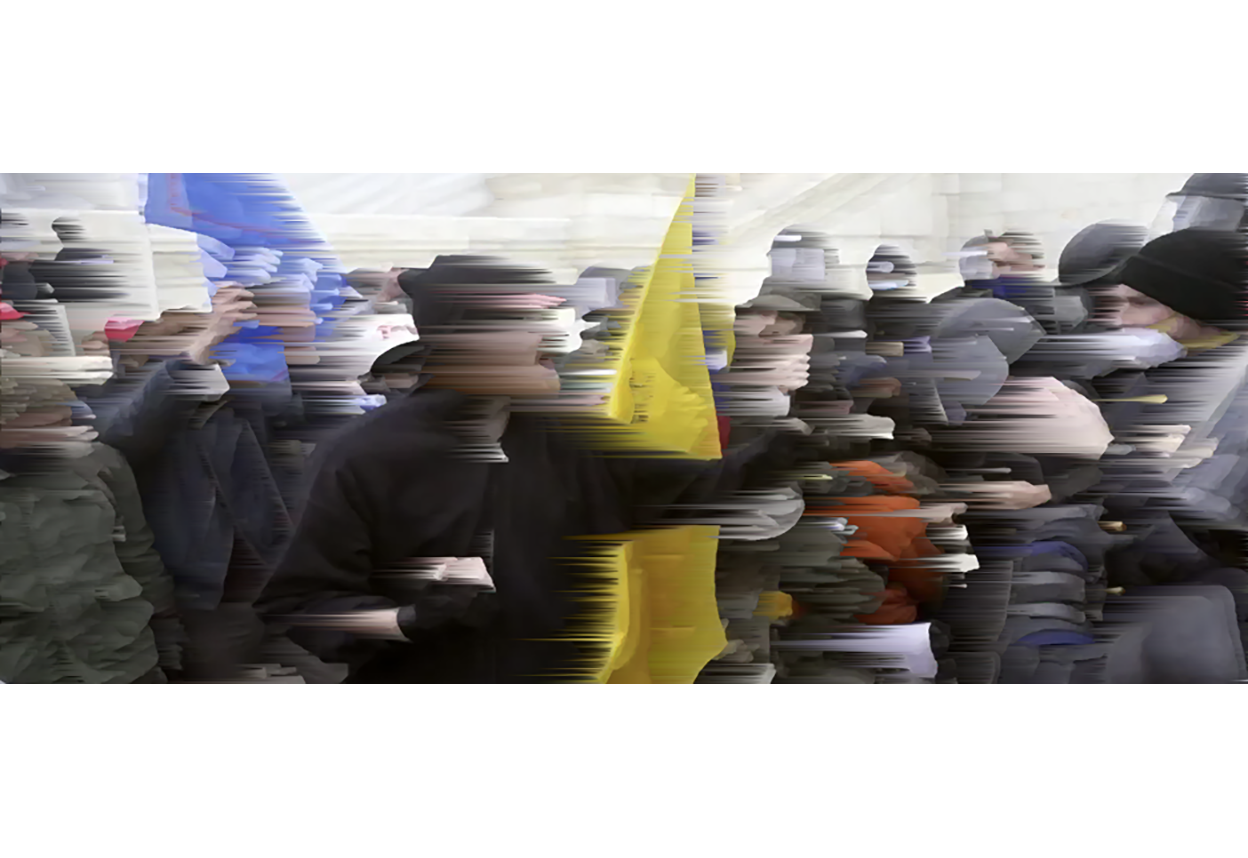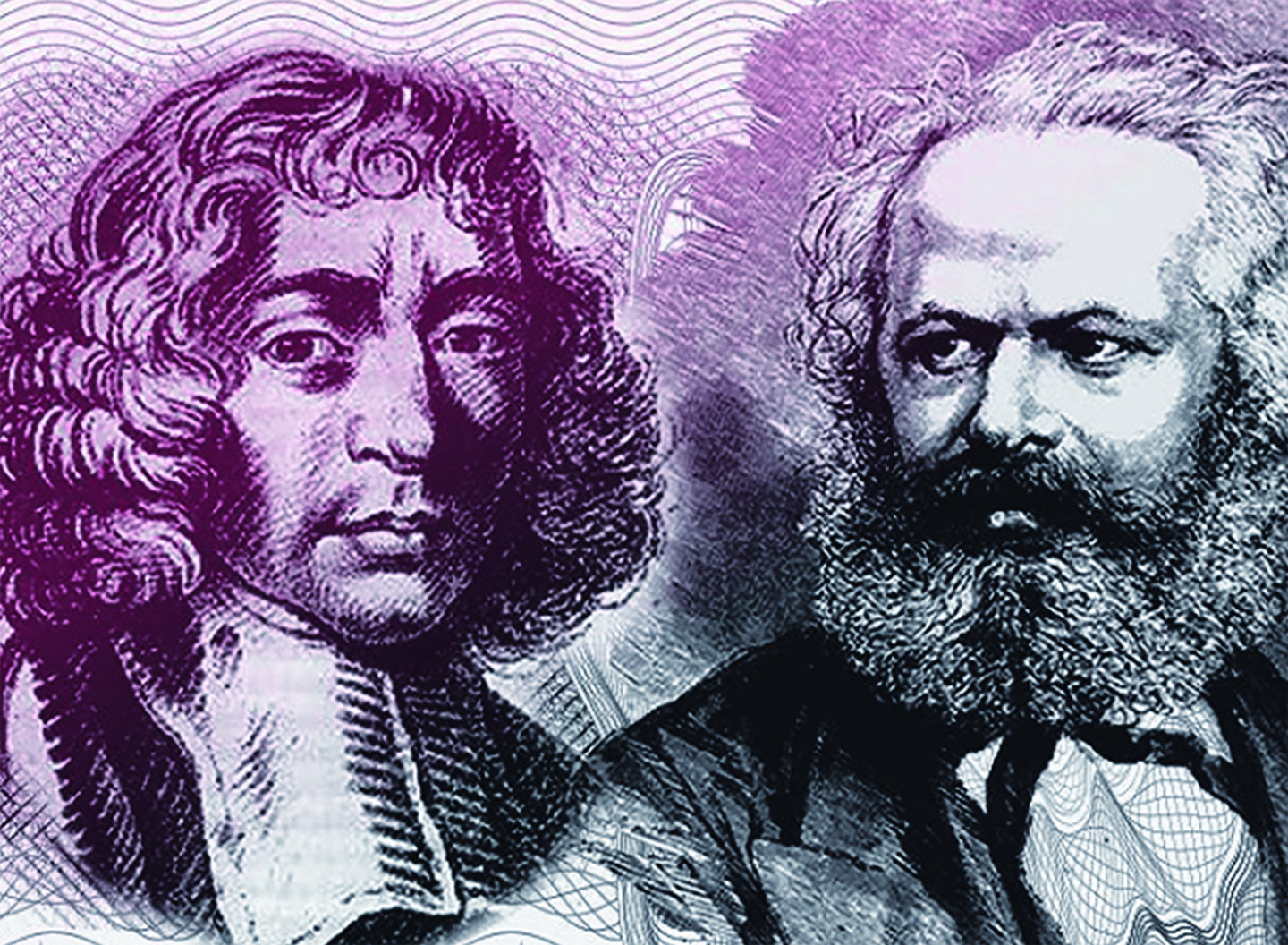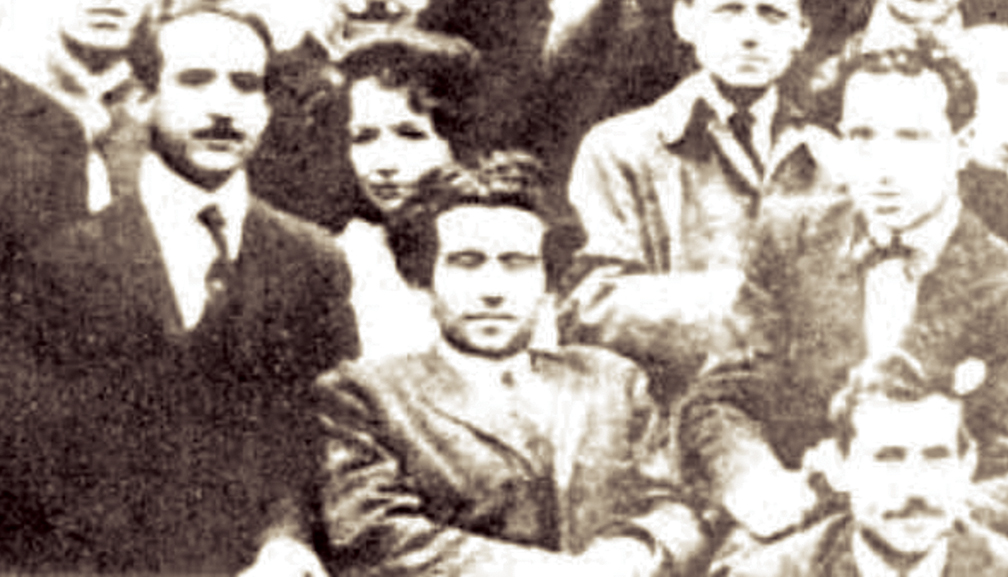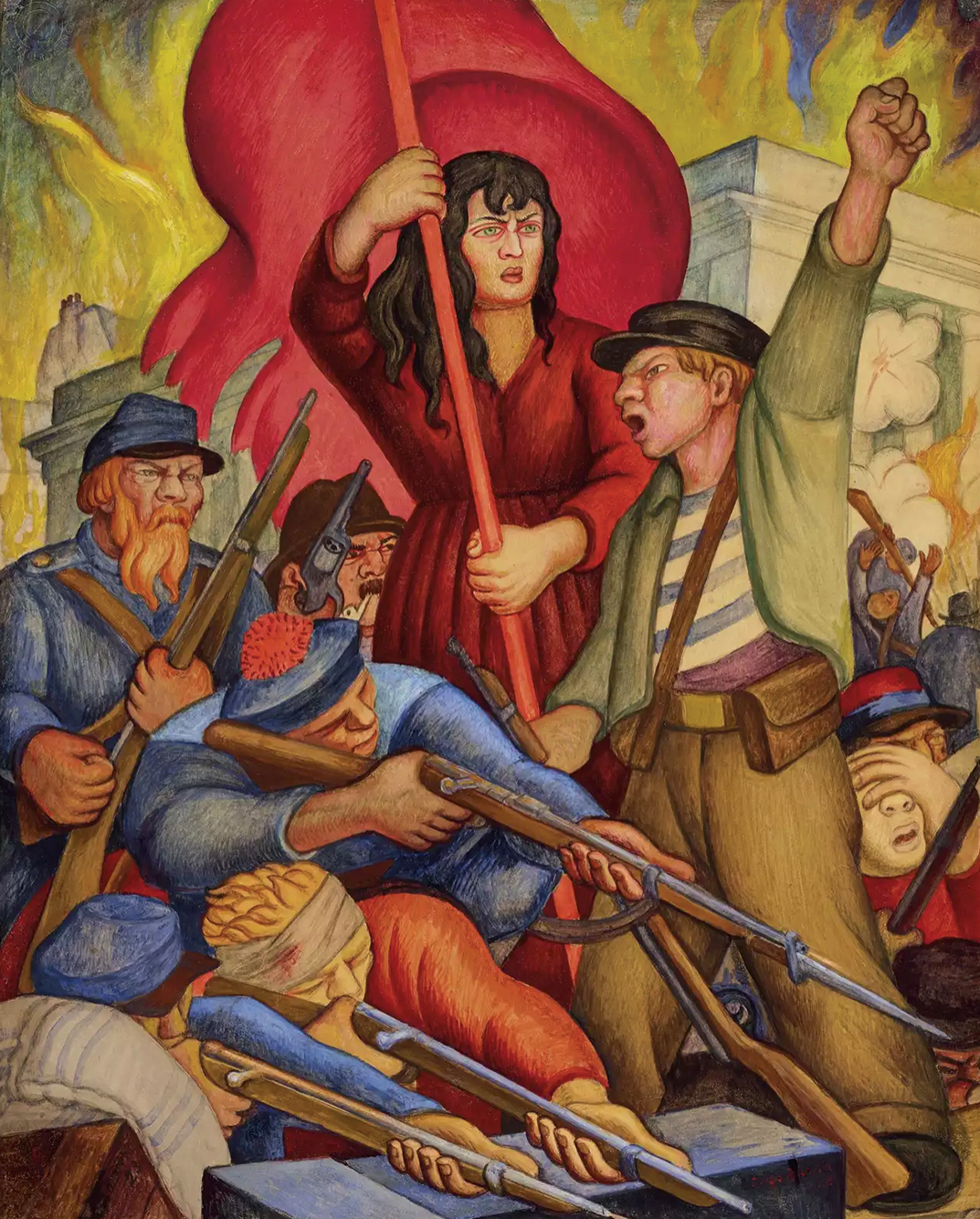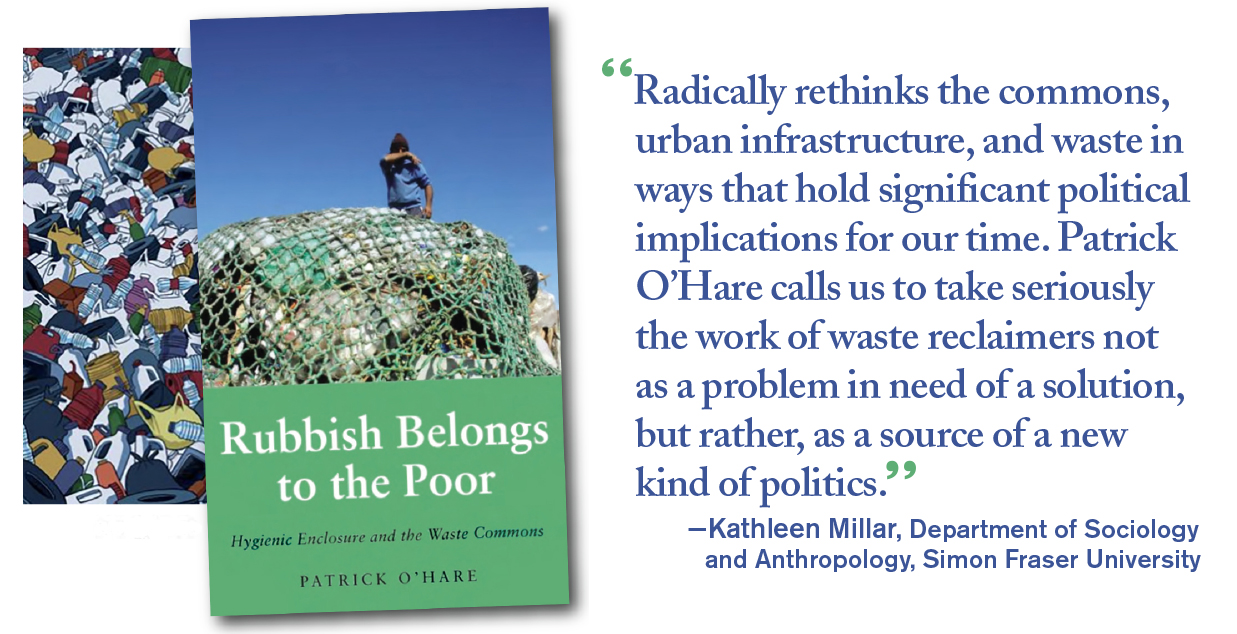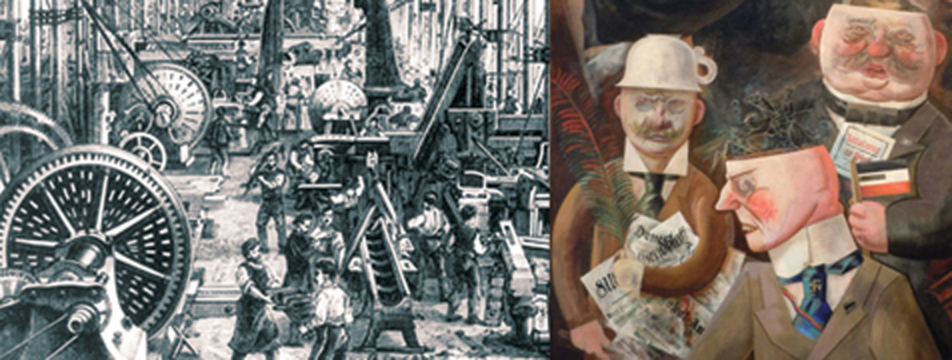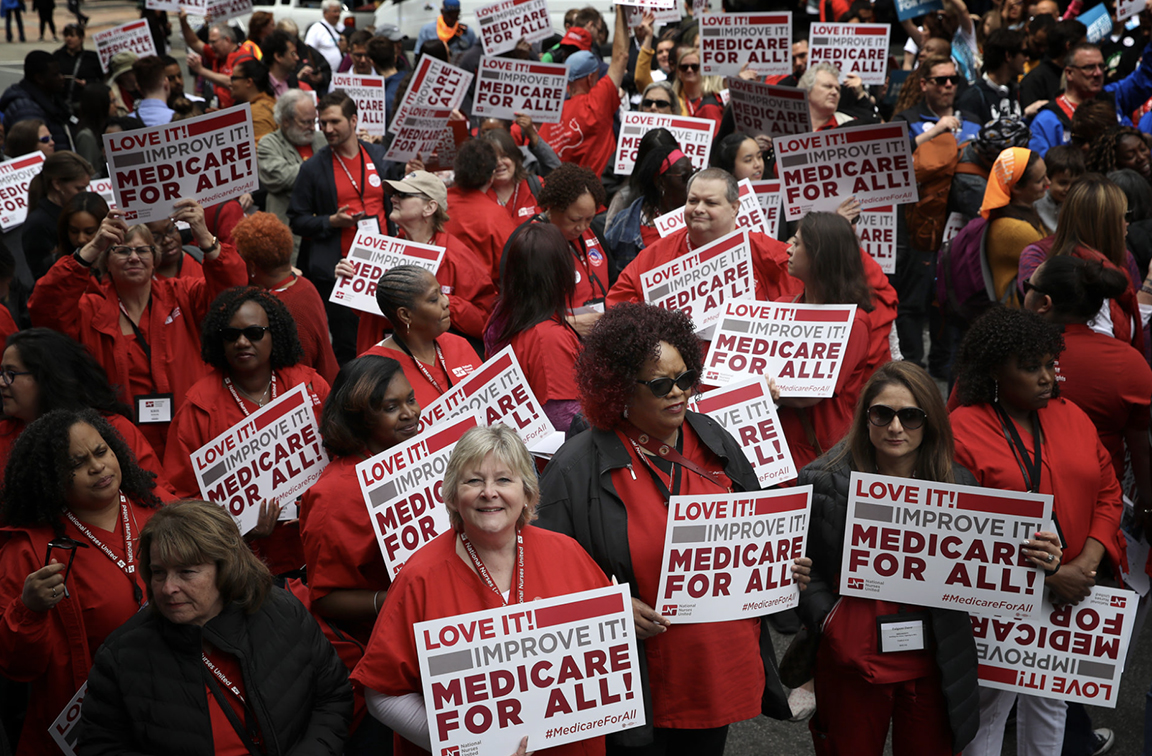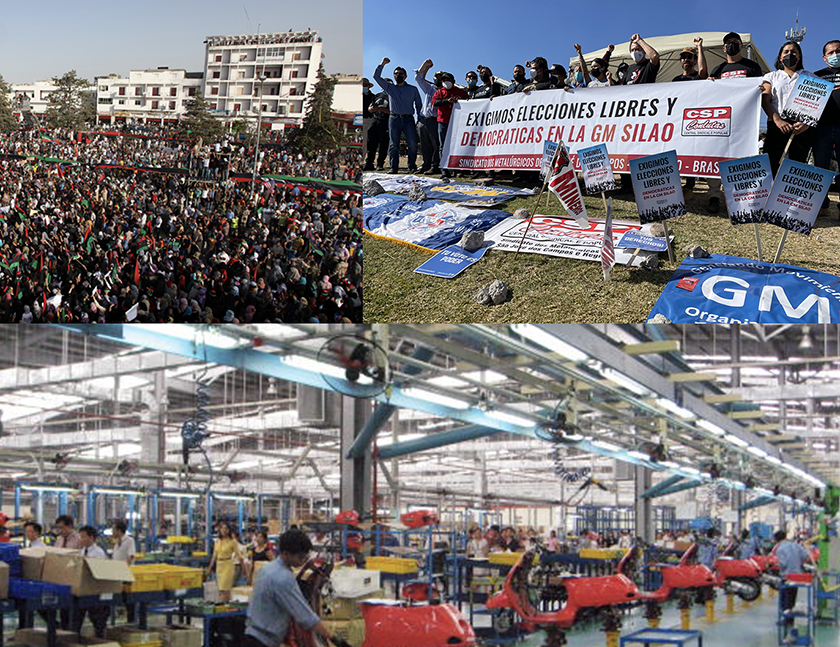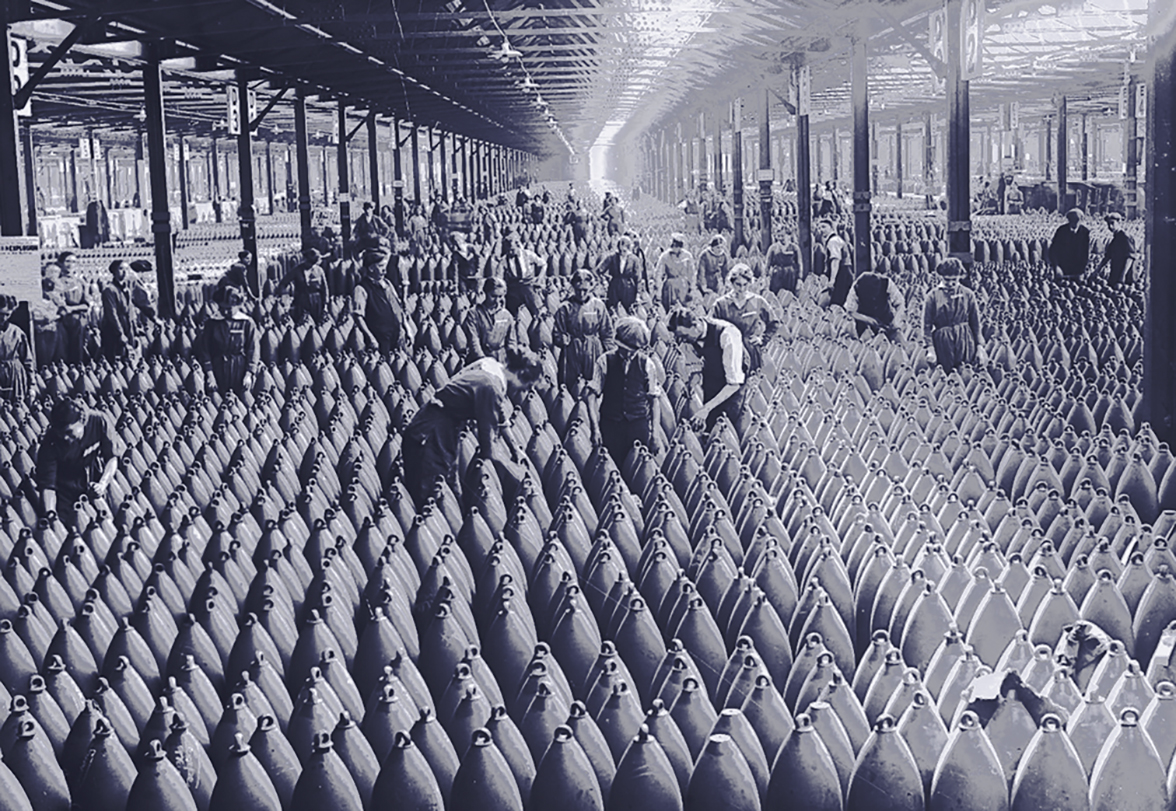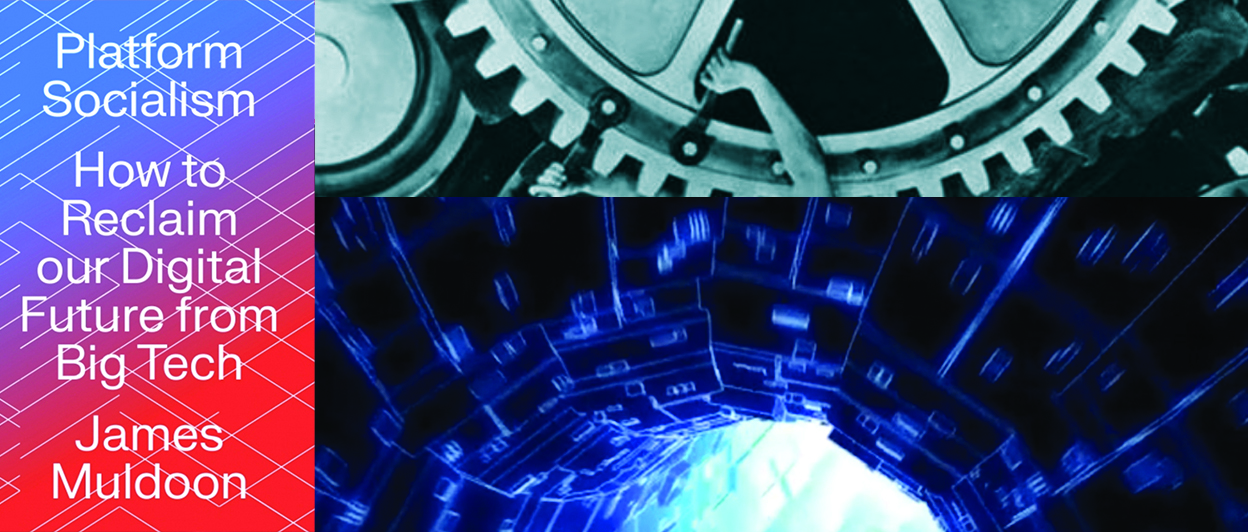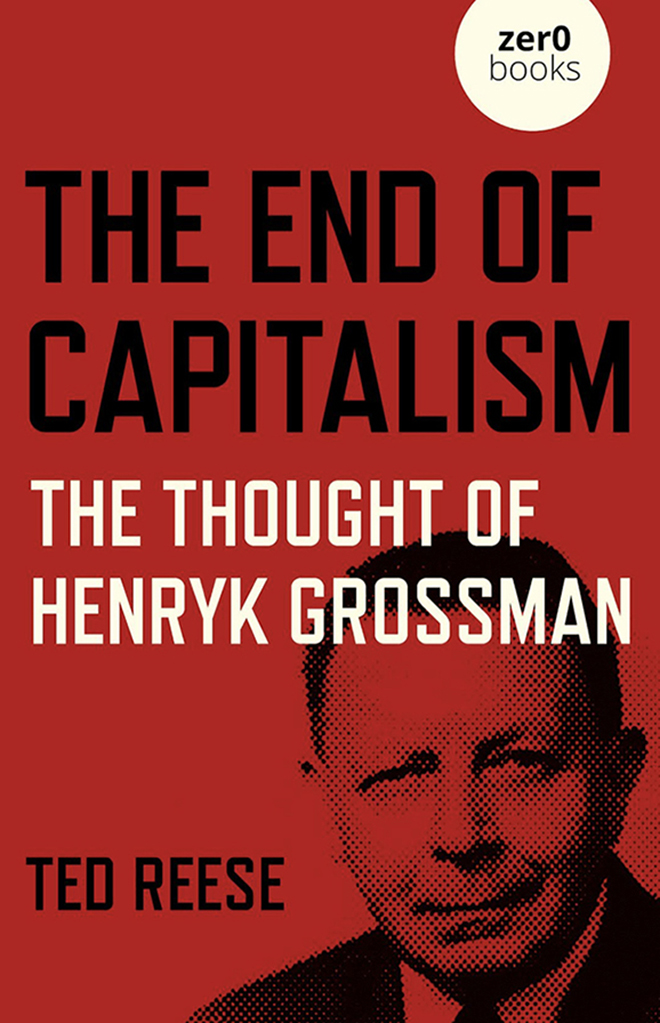The Hard Right and the Political Parties of Capital
2nd in the Socialist Register 58 Series: Old Polarizations, New Contradictions: The Crisis of Centrism
BILL FLETCHER on Trump and the Danger of Right-wing Populism in the US
SAMIR GANDESHA on Identity Crisis: The Politics of False Concreteness
INGAR SOLTY on Market Polarization Means Political Polarization
Marx and Spinoza: Connections and Provocations
Readers of contemporary theory will perhaps not be surprised to see the name Spinoza paired with that of Marx. Ever since Louis Althusser argued that he, and his cowriters of Reading Capital, were Spinozists rather than structuralists, there has been an increased inquiry into the points of connection between Marx and Spinoza. It might even be possible to say that what the Hegel/Marx connection was to a previous generation, animating the writings of Adorno, Sartre, Lukacs, etc. the Marx/Spinoza connection is to a current collection of philosophers ranging from Althusser, and the members of his circle such as Étienne Balibar and Pierre Macherey, to Antonio Negri, Frédéric Lordon, Warren Montag, and Hasana Sharp.
Part One of Antonio Gramsci’s Prison Notebooks
Online: Zoom link will be provided to registered participantsThese seminars are accessible to people at all levels of familiarity with Gramsci’s work, including those just beginning their studies of Gramsci. This first session will be followed by consecutive sessions.
Soldiers of Revolution
In SOLDIERS OF REVOLUTION, historian Mark A. Lause analyzes changes in European warfare in the closing decades of the 19th century and the consequences for working-class movements. The Franco-Prussian War of 1870–71 introduced new military technologies, transformed the organization of armies, and upset the continental balance of power. The mass armies that became a new standard required mass mobilizations of working people, who exercised a new power through social democratic parties and insurgent movements.
Rubbish Belongs to the Poor
Rubbish. Waste. Trash. Whatever term you choose to describe the things we throw away, the connotations are the same; of something dirty, useless and incontrovertibly 'bad'. But does such a dismissive rendering mask a more nuanced reality? In RUBBISH BELONGS TO THE POOR Patrick O'Hare journeys to the heart of Uruguay’s waste disposal system in order to reconceptualize rubbish as a 21st century commons, at risk of enclosure.
Marx’s Grundrisse: Last two weeks until spring term
Online: Zoom link will be provided to registered participants“Forces of production and social relations – two different sides of the development of the social individual – appear to capital as mere means, and are merely means for it to produce on its limited foundation. In fact, however, they are the material conditions to blow this foundation sky-high…” —Karl Marx, The Grundrisse
After the Pandemic: Rebuilding the Medicare for All Movement
The Covid crisis drove home both the absurdity of linking healthcare to employment and the importance of treating healthcare as a decommodified public good. But the politics of the emerging post pandemic period are not conducive to big, transformative initiatives like Medicare for All.
Global Political Struggles of the Working Class
The Double Consciousness of Capital with author DAVID HARVEY
Social Sources of Political Polarization in Russia with authors ILYA MATVEEV and OLEG ZHURAVLEV
The Far Right, Corporate Power, and Social Struggles in Brazil with authors VIRGINIA FONTES, ANA GARCIA and REJANE HOEVELER
The Solutions are Already Here with author Peter Gelderloos
Across the world, grassroots networks of local communities are working to realize their visions of an alternative revolutionary response to planetary destruction, often pitted against the new megaprojects promoted by greenwashed alternative energy infrastructures and the neocolonialist, technocratic policies that are the forerunners of the Green New Deal.
Gelderloos interviews food sovereignty activists in Venezuela, Indigenous communities reforesting their lands in Brazil and anarchists fighting biofuel plantations in Indonesia, looking at the battles that have cancelled airports, stopped pipelines, and helped the most marginalized to fight borders and environmental racism, to transform their cities, to win a dignified survival.
Animals and Capitalism: Reading and Reflecting on ‘Porkopolis’
The main reading for these sessions will be Alex Blanchette’s PORKOPOLIS: AMERICAN ANIMALITY, STANDARDIZED LIFE, AND THE FACTORY FARM, with supplemental texts on nonhuman animal work in the history of capitalism, Marxism and animal liberation, biological reproduction in animal agriculture, and related topics.
Never-Ending War!: Novels on Conflict, Resistance and Resilience
“Fiction gives us empathy: it puts us inside the minds of other people, gives us the gifts of seeing the world through their eyes. Fiction is a lie that tells us true things, over and over.” – Neil Gaiman
The Marxist Education Project Lit reading group revisits some literary classics along with contemporary novels that are prescient and compelling –challenging us to think about our understanding of history and how we will confront the present moment.
Platform Socialism: How to Reclaim Our Digital Future from Big Tech
James Muldoon shows how grassroots communities and transnational social movements can take back control from Big Tech. He reframes the technology debate and proposes a host of new ideas from the local to the international for how we can reclaim the emancipatory possibilities of digital platforms. Drawing on sources from forgotten histories to contemporary prototypes, he proposes an alternative system and charts a roadmap for how we can get there.
The End of Capitalism: The Thought of Henryk Grossman
Henryk Grossman is a name most socialists or students of political and social theory, let alone the mass of working people around the world, have probably never heard of. Yet Grossman, a Polish Jew born in 1881, deserves recognition as the most sophisticated proponent since Karl Marx of a devastating claim about the nature of our social world. For, if Grossman’s neglected but brilliant insight into economics is correct, then capitalism – the social system that has dominated life all over the globe for the past few centuries – may well be entering what he called its ‘final breakdown’.
The claim that capitalism is unsustainable has been ridiculed since the collapse of the Soviet Union in 1991. Capitalists declared ‘the end of history’ – their system had proven to be the stronger and would go on uncontested until the heat death of the universe. The same view dominated after the 1883 death of Marx, whose three-volume masterpiece Capital exposed capitalism as a crisis-ridden and historically transient economic system (mode of production).
El Golpe: US Labor, the CIA, and the Coup at Ford in Mexico
It’s 1990, and US labor is being outsourced to Mexico. Rumors of a violent confrontation at the Mexican Ford Assembly plant on January 8 reach the United Auto Workers (UAW) union in the US: nine employees had been shot by a group of drunken thugs and gangsters, in an act of political repression which changed the course of Mexican and US workers’ rights forever. Rob McKenzie was working at the Ford Twin Cities Assembly plant in Minnesota when he heard of the attack. He didn’t believe the official story, and began a years-long investigation to uncover the truth. His findings took him further than he expected – all the way to the doors of the CIA.
Building Alternatives in Rojava: Women’s Liberation & Cooperative Economy
Our speakers will trace the development of the Kurdish women’s movement and discuss the growth of Rojava’s cooperative economy, highlighting women’s autonomous economic organizing.
Emre Sahin is a participant and researcher of social movements, particularly the Kurdish movement, and a sociologist at Binghamton University.
Meghan Bodette is a researcher focused on Turkey, Syria and Kurdish issues.

